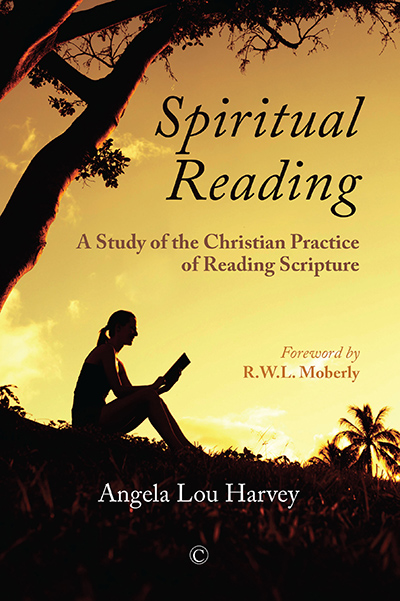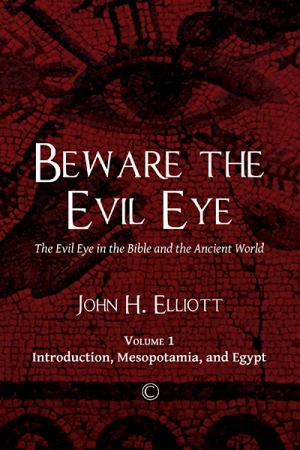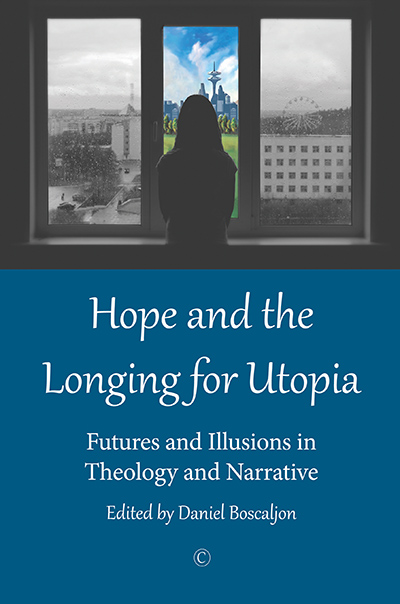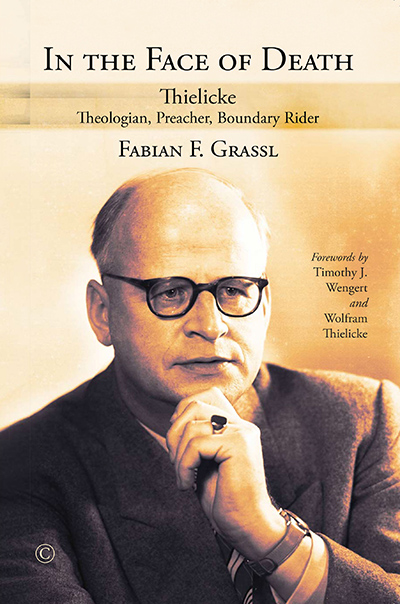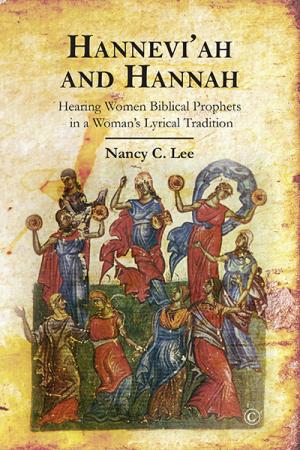Description
Spiritual Reading explores how God, the Bible and the practices of reading are all connected. Angela Lou Harvey investigates how the spiritual reading of the Bible takes place in our modern, literate, Western culture. In this context, a spiritual reading of the Bible is one that aims to know and love God through individual Bible reading. Spiritual Reading discusses what it means to read the Bible well and looks at the role of the church as giving us guidance for reading it in this way. Harvey considers these ideas vis-à-vis historically orientated biblical scholarship as well as reading the Bible as a classic work of Western literature.
With reference to the use of literature through a Christian framework in the works of C.S. Lewis and Alan Jacobs, Harvey analyses the significance the Bible has had in shaping other literary works. Drawing upon insights of theologians such as Karl Barth, Henri de Lubac, and Ellen F. Davis, Spiritual Reading suggests that a renewed understanding of faith is needed for the spiritual reading of Scripture. Spiritual Reading is for the reader who wishes to gain a deeper understanding on how Scripture can better connect an individual to God.
About the Author
Angela Lou Harvey holds degrees from Rice University, Harvard Divinity School, and Durham University, from which she received her PhD. Having grown up in Texas, she now lives in the UK.
Contents
Foreword by R.W.L. Moberly
Acknowledgments
Abbreviations
1. Introduction
2. Spiritual Reading and the Church
3. Reading Well
4. Karl Barth and the Reality of God in Scripture
5. Henri de Lubac and the Spiritual Sense of Scripture
6. An Artful Reader: Ellen Davis
7. Ellen Davis’s Art in Practice
Conclusion
Bibliography
Endorsements and Reviews
Angie Harvey offers an engaging analysis of spiritual reading as a Christian practice of reading scripture, helpfully located in the landscape of theological interpretation and lectio divina, and with the church serving as a ‘home’ for spiritual readers. Her studies of several key writers deepen our appreciation of the depth and complexities of what is involved, while off ering vision for renewed Christian reading. Harvey off ers today’s readers signifi cant ‘ressourcement’ for a key task.
Richard S. Briggs, Lecturer in Old Testament and Director of Biblical Studies, Cranmer Hall, St John’s College, Durham University
I found [Spiritual Reading] an interesting and thought-provoking analysis. … This book would interest anyone who studies practices of biblical engagement.
Cherryl Hunt, in Reviews in Religion and Theology, Vol 25, Issue 1
Harvey’s book challenges biblical scholars regarding the way they read Scripture: only as an object of academic research or also as what the Church throughout the ages has claimed it to be, the Word of God in human language.
Hetty Lalleman, in Journal for the Study of the Old Testament, Vol 42, Issue 5
The author demonstrates significant knowledge of the works of these theologians and attempts to show how their insights can apply to Christians today. Harvey also includes a chapter on examples from Davis’ writing of how she demonstrates spiritual reading.
Craig Stephans, in Theological Book Review, Vol 28, No 2

